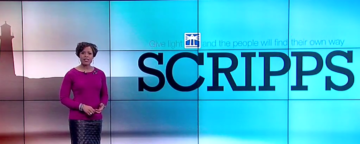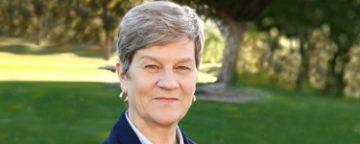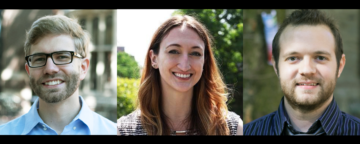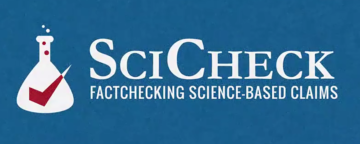Eight early-career artists have been awarded $50,000 fellowships by the Leonore Annenberg Funds, and nine public elementary schools have received $50,000 grants for technology and programs.


Eight early-career artists have been awarded $50,000 fellowships by the Leonore Annenberg Funds, and nine public elementary schools have received $50,000 grants for technology and programs.

Limits on marketing cigarettes may be undercut by user-generated YouTube videos. A study of adolescents finds it's possible to counteract such pro-tobacco videos with a corrective message.

The E. W. Scripps Company and TV station KUSA in Denver have won the 2017 Cronkite/Jackson Prizes for Fact Checking Political Messages, USC's Lear Center and APPC said.

In a Sackler Colloquium address, Kathleen Hall Jamieson discussed how science can get distorted as it is communicated and how it can be more faithfully presented.

On CNN's "Reliable Sources," APPC Director Kathleen Hall Jamieson proposed a new term for made-up stories or "fake news": "Viral deception" or VD.

APPC postdoctoral fellows presented their research overseas, speaking on GMOs and risk perceptions at a Society for Risk Analysis forum in Italy and on publication bias at a talk in Germany.

APPC researchers urge scientists to engage with the public on scientific issues but caution them to carefully choose their audiences and avoid two-sided debates explicitly framed as conflicts.

Researchers from the Annenberg Public Policy Center presented work on public attitudes toward science at the American Association for the Advancement of Science meeting in Boston.

A study finds that early drug use strongly predicts substance abuse only if it’s followed by continuing drug use. Early experimentation with alcohol or marijuana isn't necessarily a risk factor for addiction.

FactCheck.org announced that it has received a third year of funding from the Stanton Foundation to support SciCheck, which focuses on false and misleading political claims about science.